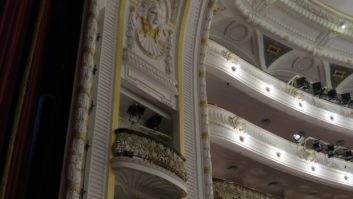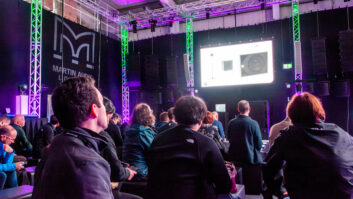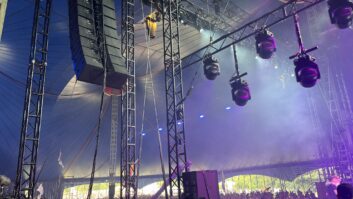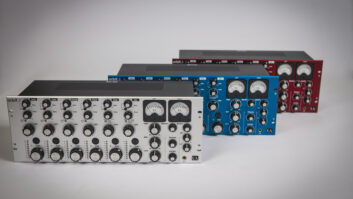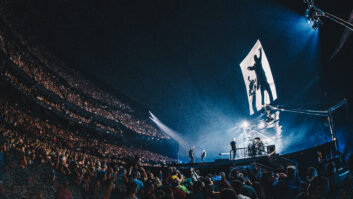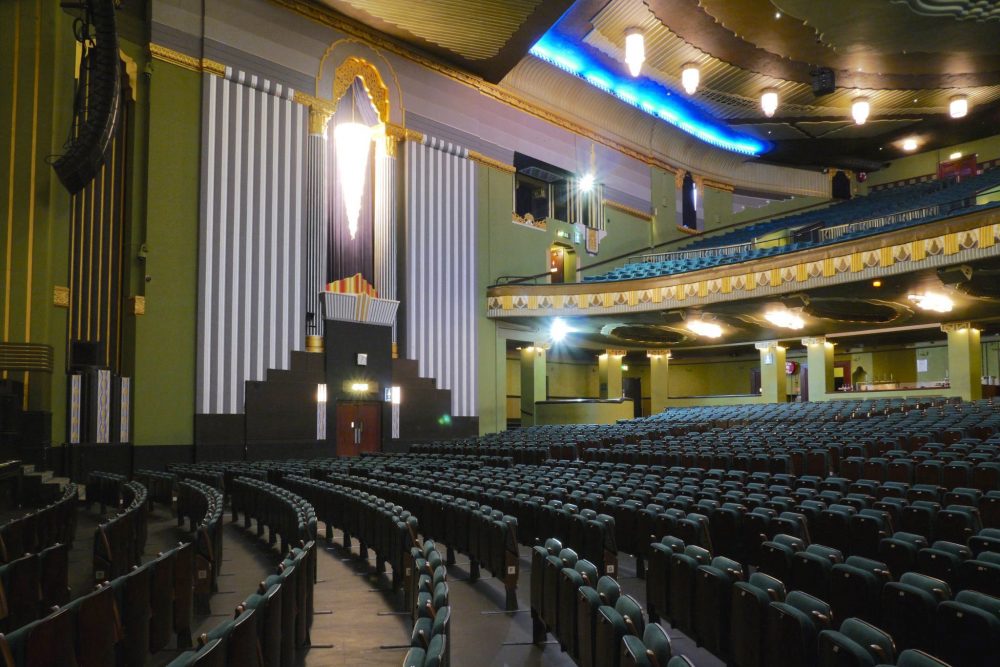
Having previously evaluated the advantages of permanently installed systems – and their alternatives – Duncan Proctor completes his look at theatre audio by considering how integrators might be affected by theatres’ changing audio requirements.
Not all venues are chiefly concerned with meeting the demands of touring productions. Some venues cater to a range of events with a variety of audio needs, and must find a flexible system capable of doing it all. David Scheirman, Bose Professional’s director, global concert & rental business, explains: “It is in the more numerous population of performing arts centres and musical theatre venues around the world that do not primarily serve touring theatrical productions, but rather a range of entertainment events formatted to use house systems, that the sound system design and purchasing challenge is more important. What type of general-purpose sound system should be purchased and installed to meet most of the needs of most of the events that are served by a given venue?
If there is indeed a drop-off in permanent solutions being installed, is it the integrator that will inevitably lose out? “While there may be fewer permanent systems being installed, traditional systems integrators will still be needed to accommodate those venues that request complex systems like the ones based
on immersive audio that is emerging as the current industry trend,” says Daniele Mochi, product specialist at K-array.
Others are more optimistic, however. While some see a diversification of the type of systems that integrators will be working on, L-Acoustics application engineer Julien Laval sees more work for integrators across the board. “My experience, which covers assisting integrators around the globe who want to install high-grade sound systems, is that fixed install sound system demand is growing, and in most cases is growing even faster than the touring market, which portends a great future for integrators.
Bose’s Scheirman asserts: “The traditional systems integrator has likely never had a better opportunity to service new theatre venue clients. This is because the number of general-purpose theatres (on campuses, in civic downtown areas, in themed entertainment complexes) around the world is growing, as the live entertainment industry thrives. Conversely, the number of theatre venues serving the needs of hit musical theatre productions in New York’s Broadway theatre district and London’s West End, is relatively static and has remained generally the same for decades.
Scheirman recommends examining the calendar programming of shows to best understand the sound system needs of any specific theatre venue. “Generally, production managers and show producers seek to minimise operating costs, not increase them,” he points out. “If a show can be booked into a venue with a modern sound reinforcement system purpose-built to meet the coverage requirements of that particular venue, the more likely the front office is going to be able to book shows amenable to using in-house production capabilities, and the more likely those shows can operate at reduced touring cost levels by carrying less production equipment and paying lower rental fees for a show-specific system.”
Alex Penn, SSE Audio sales director, summarises: “At the end of the day, the touring production wants the same thing as the theatre: they want their production to be easily accommodated and their sound design to be successfully implemented. The venue wants a consistent quality of sound while maintaining the fabric of its building. It also needs an audio system that provides coverage for all public areas for announcements and, increasingly, for voice activated emergency evacuation.”
